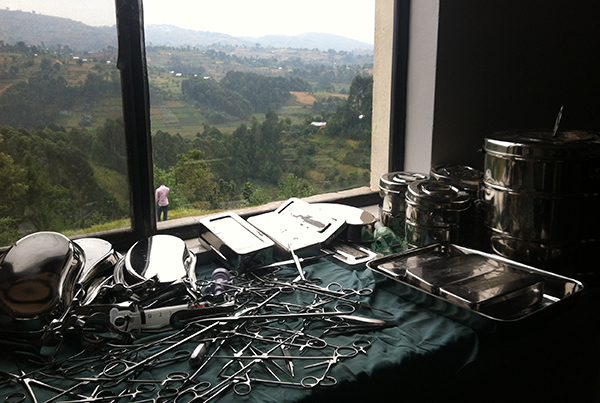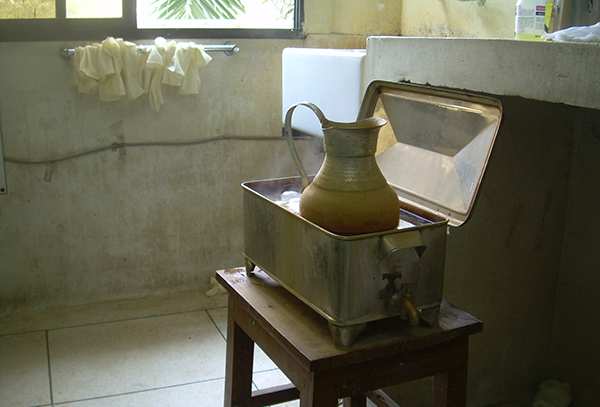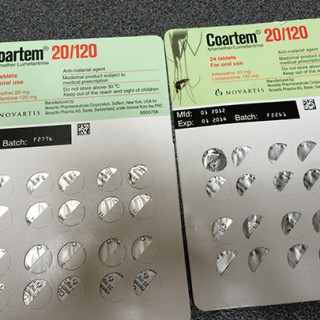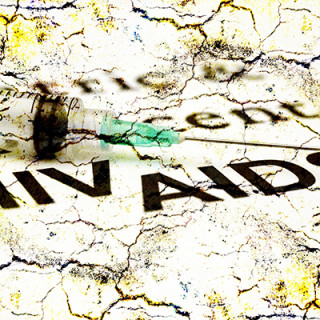Access to surgery is not a given
When we get ill, surgery is sometimes our only option for restoring our health – if there is a surgeon who can operate, that is. In Sweden this is a given, but far from in all countries around the world.
In African countries south of the Sahara, such as Sierra Leone, Zimbabwe, Liberia and Uganda, where poverty is an everyday reality, only 6 per cent of the population is estimated to have real opportunities to undergo surgery if necessary. As a Swede it is difficult to imagine what that means for the affected families and for society at large.
In Sierra Leone – one of the poorest countries in the world – an estimated 20 per cent of citizens are in urgent need of surgery, without being able to access it. Meanwhile, an estimated one in five deaths in the country could have been avoided if there had been access to safe surgery.
“There is a great unmet need for surgery for congenital malformations, tumours and injuries sustained at childbirth, for example – injuries and conditions that go untreated despite the fact that surgery can be as cost-effective as vaccinations”, says Lars Hagander, paediatric surgeon at Skåne University Hospital and researcher at Lund University. He has for years worked with global inequality issues with regard to access to safe surgery, and has on several occasions worked as a paediatric surgeon in the most affected countries.
“The doctors in these countries take pride in their training and there are many good surgeons, but the number is not sufficient to cover the countries’ needs, and they sometimes lack the necessary skills, particularly within anaesthesia. Also, there are often major differences within the countries, between urban and rural areas – not only in terms of access to surgery but the peoples’ knowledge of how to seek and get surgical help. If you are also poor and unable to pay for surgery, then you are very vulnerable”, says Lars Hagander.
“5 billion people around the world lack access to safe surgery.”
The “Lancet Commission on Global Surgery” report – based on a research collaboration between the journal The Lancet, Lund University, Harvard Medical School and King’s College London – was presented at a major surgical conference in London earlier this year. The report deals with the access to safe surgery, anaesthesia, and obstetrics in the world’s low- and middle-income countries, and in several respects makes for some horrifying reading.
The report shows that 5 billion people around the world lack access to safe surgery – 5 billion!
The main cause is the lack of surgeons, as too few are trained and many doctors choose to work abroad after they graduate. Other causes are the lack of infrastructure and the long distances, as well as the cost of surgery being higher than many people in these countries can afford.
“A surgical procedure is for many a financial disaster. As a result, they often prefer to seek help form someone who lacks the necessary skills and subsequently suffer”, says Lars Hagander, who is one of the main authors of the report.
“Investments need to be made. We must now convince the world’s finance ministers to include the cost of surgery in their healthcare budgets and that not doing so will cost them more. There is also an urgent need for research in the field of innovative solutions.”
The project group behind the research report will now continue their work. They are supported by both the WHO and the World Bank.
“The publication in The Lancet was a first step – now we must make sure that the words are put into action”, says Lars Hagander, who himself has recruited four doctoral students at Lund University to take an interest in global surgery.
“Among other things, they are studying how paediatric surgery and obstetric medicine are organised in low- and middle-income countries, compared to Sweden; how to measure the quality, availability and scarcity of surgery, and how the situation can be improved.”
Text: Olle Dahlbäck







